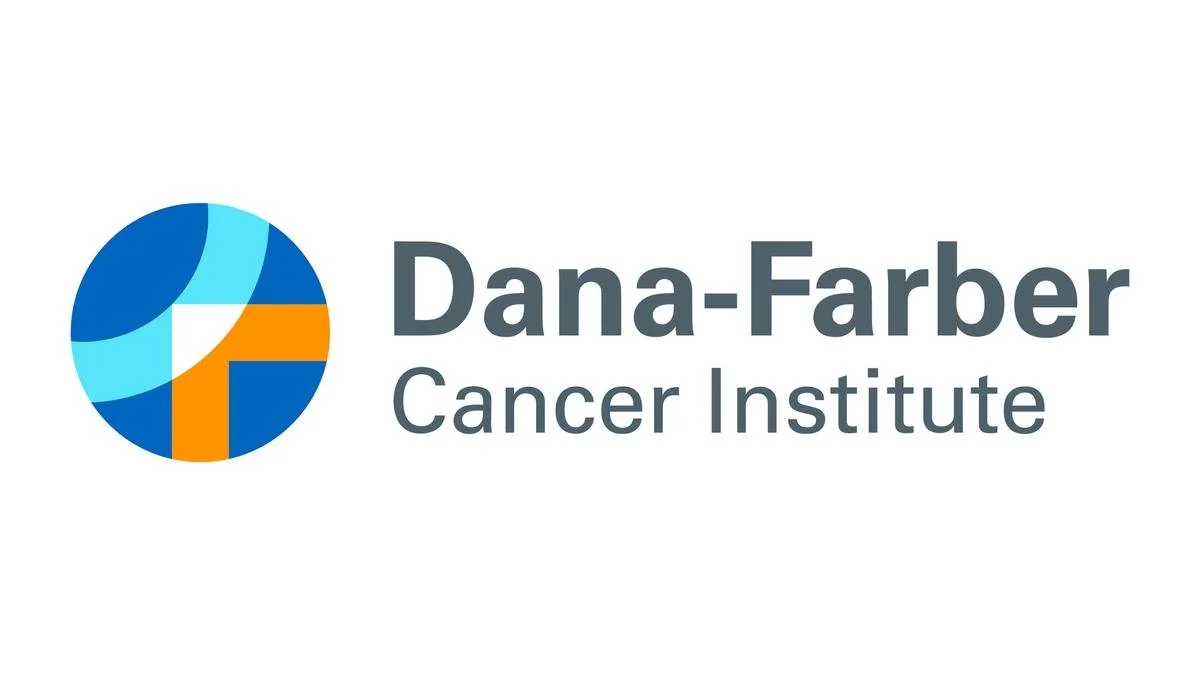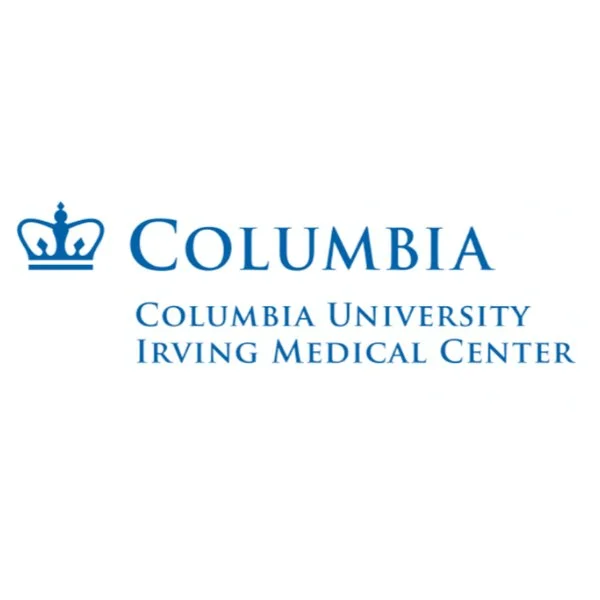research & Partners
Dana farber’s Lynch Syndrome Center
The Center's mission is to provide personalized and comprehensive care for families with Lynch syndrome, supported by world-class research and state-of-the-art diagnostics. Specialists help manage the comprehensive care of individuals and families with Lynch syndrome by providing genetic testing for individuals at risk for Lynch syndrome, creating personalized screening plans aimed at preventing Lynch syndrome-related cancers, and coordinating care with experts in surgery, gastroenterology, dermatology, and oncology.
FLF has donated research funds towards the first, most comprehensive Biobank repository that will store samples from patients with LS-associated cancer and LS-carrier “previvors” who do not have cancer but are at high-risk. The biobank will store patient biological samples (blood, polyps, plasma, serum, fibroblasts, DNA, RNA, and tumor tissue) providing an essential foundation for novel research in Lynch syndrome. The Registry and Biobank will collect patient information and samples longitudinally, so researchers can study how Lynch syndrome evolves over time and the effects of various preventative and treatment interventions.
Learn more here.
Columbia medical center
During Full Life's first year, we established a perpetual Lynch Syndrome research fund at Columbia University Irving Medical Center (CUIMC). The fund is led by Dr. Fay Kastrinos who focuses on gastroenterology and cancer care at CUIMC.
Researchers at CUIMC have been focusing on the following three areas:
Improved identification of individuals with Lynch syndrome
Optimization of colorectal and endometrial cancer screening strategies and assessment of novel approaches
Estimation of cancer risks associated with Lynch syndrome
CUIMC participates in multiple national and international research efforts to promote the identification of Lynch syndrome families and aim to optimize cancer screening and preventative strategies to improve clinical outcomes and help keep Lynch syndrome patients cancer-free and healthy. FLF’s dedicated research fund supports these efforts.
PREMM 5 MODEL
The PREMM 5 model is a clinical prediction algorithm that estimates the cumulative probability of an individual carrying a germline mutation in the MLH1, MSH2, MSH6, PMS2, or EPCAM genes. Mutations in these genes cause Lynch syndrome, an inherited cancer predisposition syndrome.


